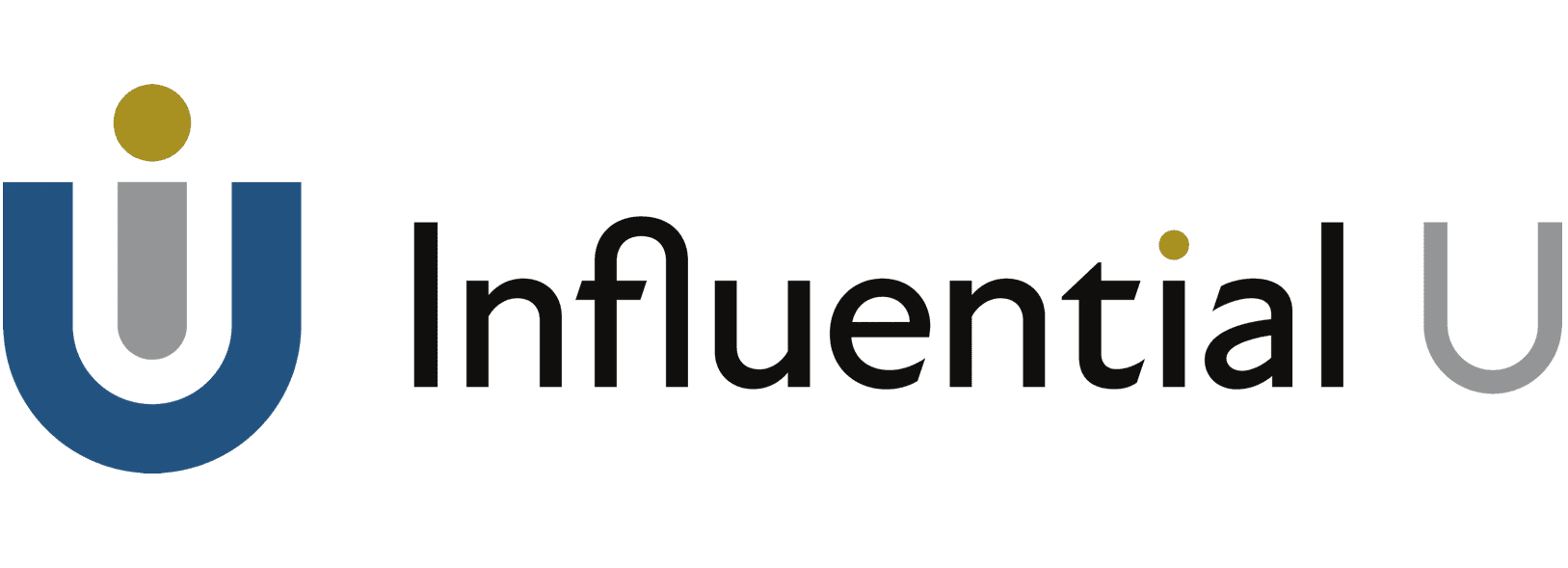I’m often confounded by those who claim to know something but can’t teach it to me. The famous Nobel winning physicist Richard Feynman understood the difference between knowing something and knowing the name of something, and it’s one of the most important reasons for his success.
Richard Feynman lived from 1918 to 1988. He made his mark first with his work on the Manhattan Project then won a Nobel Prize for his work in developing an understanding of quantum mechanics, and finally was a much-loved professor of undergraduate physics at Caltech University.
As he explains it, there are two types of knowledge, and most of us focus on the wrong one. The first type of knowledge focuses on knowing the name of something. The second focuses on, well – knowing something. These are not the same thing. Your competence first depends on the accuracy of your understanding. He developed an intuitive way to understand called The Feynman Technique.
The Feynman Technique starts with writing out something as if to teach it to a child. If you struggle, you have a clear understanding of where you have some gaps. That tension allows you to discover the edge of your knowledge. As competence begins with knowing the limit of your abilities – this is where the learning starts. Go back to the source material and re-learn it until you can explain it in basic terms. Then organize the concept into a simple story that flows. Read it aloud. If the explanation isn’t simple or sounds too confusing, that’s a good indication that your understanding in that area still needs some work. But if you genuinely want to be sure of your understanding, run it past someone (ideally who knows little of the subject). The ultimate test of your knowledge, Feynman asserts, is your capacity to convey it to another.
This conveyance is where competence and teaching go hand in hand. Learning is a reciprocal, cooperative effort, requiring inquiry and engagement on the parts of both students and teachers. In doing so, both parties learn a great deal about the subjects AND themselves. Together they discover something new while validating or modifying their approach, understanding and the application of that knowledge in practice.
On knowing something Feynman says; “The first principle is that you must not fool yourself — and you are the easiest person to fool.”
Joe and Joni Rocco are life-long learners. Married for 20 years, with four children and a thriving business, they have a newfound role as teachers to their family, their employees, and the community. They own Artistic Floors by Design, a boutique wood floor contracting business in Denver, offering Colorado’s only Nationally Certified, Award-Winning Wood Floor Advanced Master Craftsman.
Studying with Influence Ecology since 2013, their income has increased, their relationship and family life has improved, and they are working on training their employees to experience the same satisfaction with their skills. We interviewed them in 2016 and as part of our ‘where are they now’ series, wanted to offer an update. To develop her competence, Joni has graciously offered to mentor other students at Influence Ecology and more recently, joined our faculty. Why? Teaching allows mastery not found by any other means.



